
Lung cancer impacts millions of lives, and providing next-level treatment requires innovative thinking alongside timely intervention. These are aspects that Regional Cancer Care Associates (RCCA) offer, adopting a varied role in the process of providing patients with the assistance they need.
Here’s a look at how their involvement plays out, and why this is a positive step for anyone who is living with lung cancer.
Cutting-Edge Treatments and Technologies
RCAA is leading the way with cutting-edge treatments and technologies for the more than 200,000 people diagnosed with lung cancer annually. They embrace innovation to enhance care through:
- Targeted therapy that focuses on specific genetic changes in tumors.
- Immunotherapy boosting the body’s immune system to fight cancer cells more effectively.
- Advanced radiation techniques like stereotactic body radiotherapy offering precision treatment with minimal damage to surrounding tissues.
What about technology? RCCA integrates:
- AI-driven diagnostic tools improving accuracy in identifying cancer types and stages early.
- Robotics in surgical procedures providing better precision and faster recovery times for patients.
These approaches improve patient outcomes by personalizing care while minimizing side effects. Additionally, partnerships with research institutions ensure access to clinical trials. Patients benefit from novel therapies before they hit mainstream markets.
Personalized Patient Care Approaches
At Regional Cancer Care Associates, the focus is on personalizing lung cancer treatment plans for optimal results. They prioritize:
- Tailored care strategies considering individual genetic profiles and lifestyle factors.
- Comprehensive support services offering nutritional counseling and psychological assistance.
- Flexible scheduling accommodating patients’ unique needs.
The key to effective treatment is adaptability. With Regional Cancer Care Associates, lung cancer is covered by the Oncology Care Model (OCM). This ensures a cohesive approach in monitoring patient progress through coordinated care.
Benefits of this personalized approach include:
- Improved patient satisfaction as treatments align closely with personal health goals.
- Reduced hospital visits due to proactive management of side effects and complications.
- Enhanced quality of life because therapy aligns better with each patient’s specific circumstances.
In short, customizing treatment lets RCCA provide a supportive environment that catalyzes healing and improves overall outcomes for individuals facing lung cancer.
The Role of Multidisciplinary Teams
Multidisciplinary teams at Regional Cancer Care Associates unite diverse expertise to elevate lung cancer care. These collaborative groups include:
- Oncologists who design and oversee personalized treatment plans.
- Radiologists skilled in imaging techniques for accurate diagnosis and monitoring.
- Surgeons offering precise interventions when necessary.
But the team doesn’t stop there. It also comprises:
- Nurses providing compassionate, round-the-clock support.
- Social workers helping patients navigate emotional challenges and logistics.
These professionals ensure comprehensive care from multiple angles. The advantages include improved communication across specialties leads to quicker decision-making processes, resulting in faster treatments.
Additionally, multidisciplinary meetings allow real-time discussions on patient progress and adjustments as needed. This teamwork-oriented model enhances treatment effectiveness while reducing potential oversight risks, and is adjacent to team building as a performance-boosting measure in other workplaces.
Building Community Support Networks for Patients
RCCA emphasizes the power of community support networks in bolstering lung cancer care. These networks offer:
- Emotional encouragement from fellow patients who share similar experiences.
- Access to local resources that provide practical help, like transportation and meal services.
Why are these networks crucial? They conjure a sense of belonging and reduce feelings of isolation among patients. RCCA actively promotes:
- Peer-led support groups where individuals can express their concerns openly.
- Educational workshops that inform patients and families about managing side effects.
These initiatives create strong bonds within the community. Connecting with others facing similar challenges lets patients gain confidence in moving forward with their cancer journey.
Moreover, integrating caregivers into these networks ensures they receive the support needed to maintain their well-being while caring for loved ones. Ultimately, these community-based efforts enhance resilience and improve quality of life for those affected by lung cancer.
The Bottom Line
As you can see, RCCA is an admirable organization that has a lot to offer lung cancer patients, so advances in care that we’ve seen in recent years are partly as a result of its efforts and innovations.
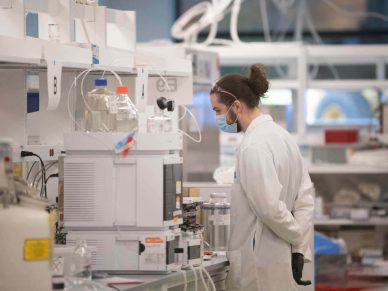

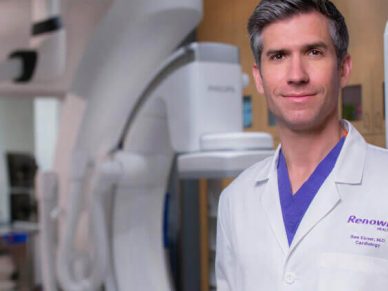

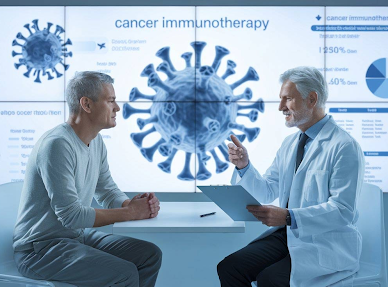
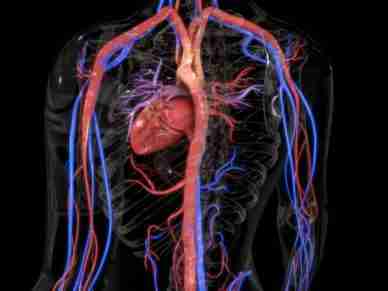




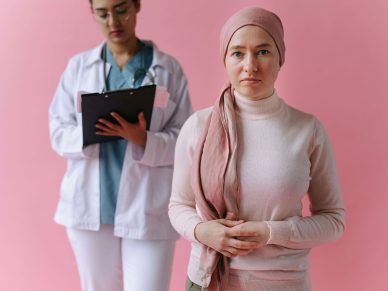





Leave a Reply